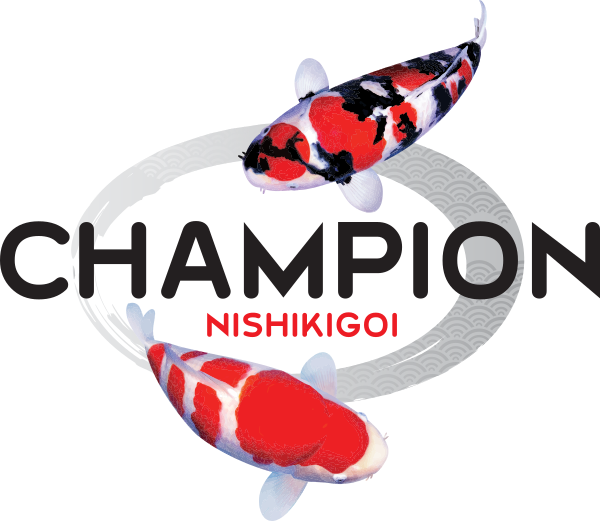Koi Feeding Guide: What to Feed & How to Supplement Your Koi Fish Diet
Koi, often called "living jewels", are not only a beautiful addition to any garden pond or water feature but are also creatures with specific nutritional needs. This guide will walk you through the basics of feeding koi to ensure they live a long, healthy, and vibrant life.
1. Types of Koi Food
- Staple Diets: These are your everyday koi foods. They usually contain wheat germ and other ingredients for balanced nutrition.
- Growth Foods: Higher in protein, these foods promote size and muscle development.
- Color Enhancing Foods: Contains ingredients like spirulina to enhance the vibrant colors of your koi.
- Health Foods: Fortified with vitamins and minerals to boost the immune system.
2. Feeding Frequency
- Spring & Fall (cooler temperatures): Feed once every 2 days. Ensure you're using a wheat germ-based food as koi metabolism slows down.
- Summer: Feed 1-3 times daily as koi are more active and their metabolism is higher.
- Winter: Often, koi won't need food. They go into a sort of hibernation. If you do feed, do so sparingly.
3. Portion Control
- Feed only what koi can consume within 5 minutes.
- Overfeeding can lead to poor water quality and health issues for your koi.
4. Adjusting Diet
- Young Koi: Need more protein for growth.
- Adult Koi: Need a balanced diet with occasional treats.
5. Treats & Natural Foods
Koi love variety! Occasionally, you can offer:
- Lettuce
- Watermelon
- Peas (shelled)
- Worms
- Krill
6. Tips
- Soak the food in pond water before feeding; it's easier for koi to digest.
- Observe your koi while they eat. Their behavior can indicate their health.
- Store koi food in a cool, dry place.
7. Important Considerations
- Always buy quality koi food from reputable sources. The nutrition of your koi significantly impacts their health and color vibrancy.
- If you notice any fish not eating, it could be a sign of illness. Check water quality and consult a koi specialist if needed.
Feeding your koi is more than just a daily routine; it's an opportunity to bond with these beautiful creatures. By understanding their dietary needs and adjusting according to the season, age, and health of your koi, you're ensuring they live a happy and healthy life in your pond.
